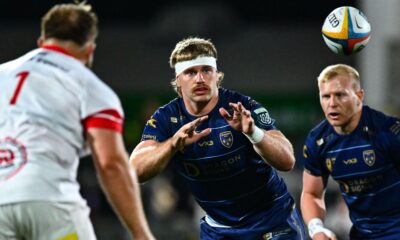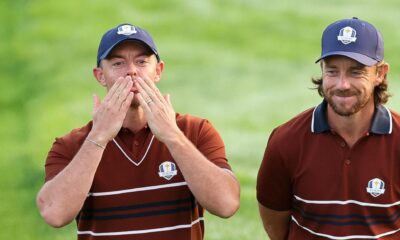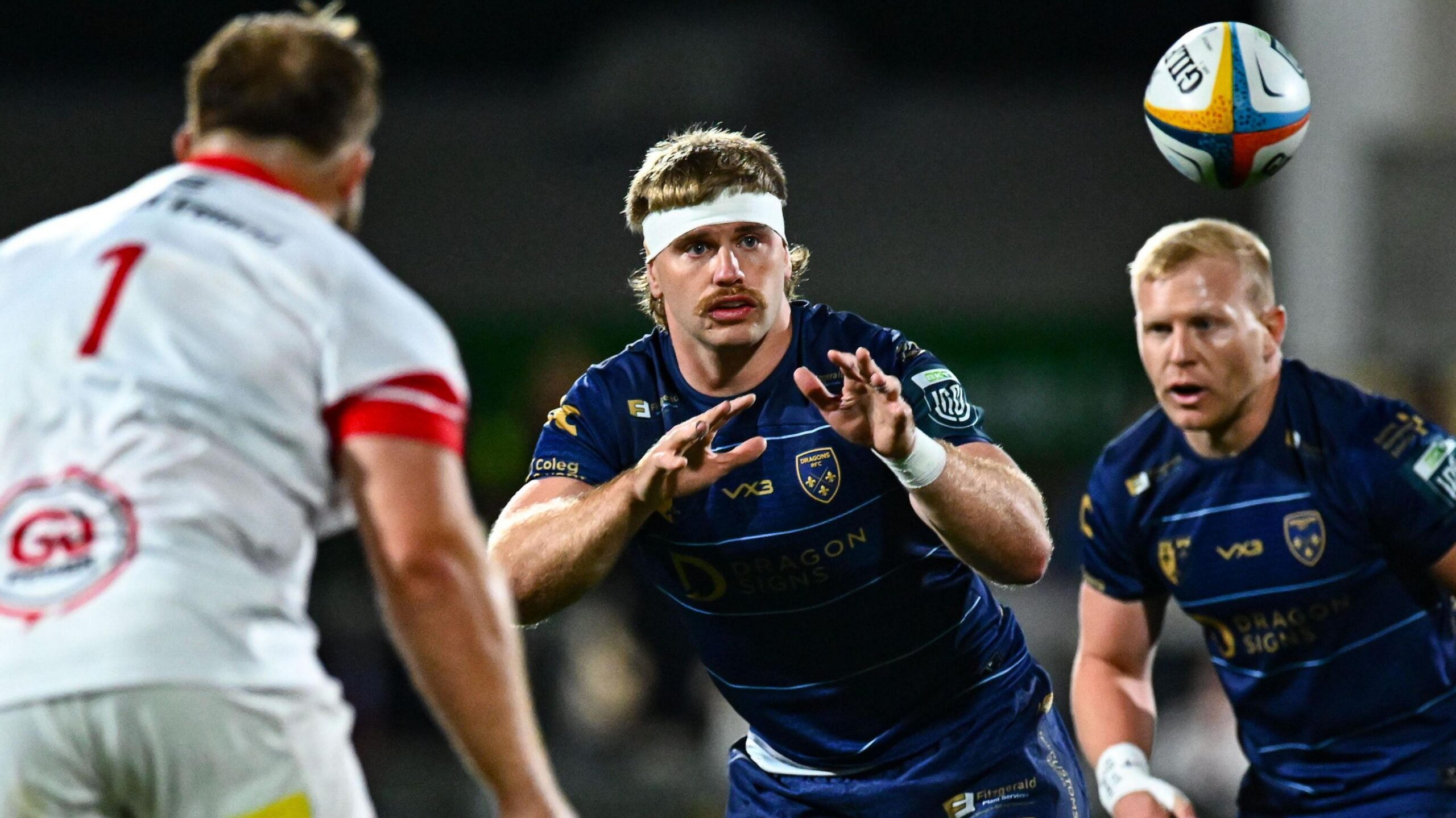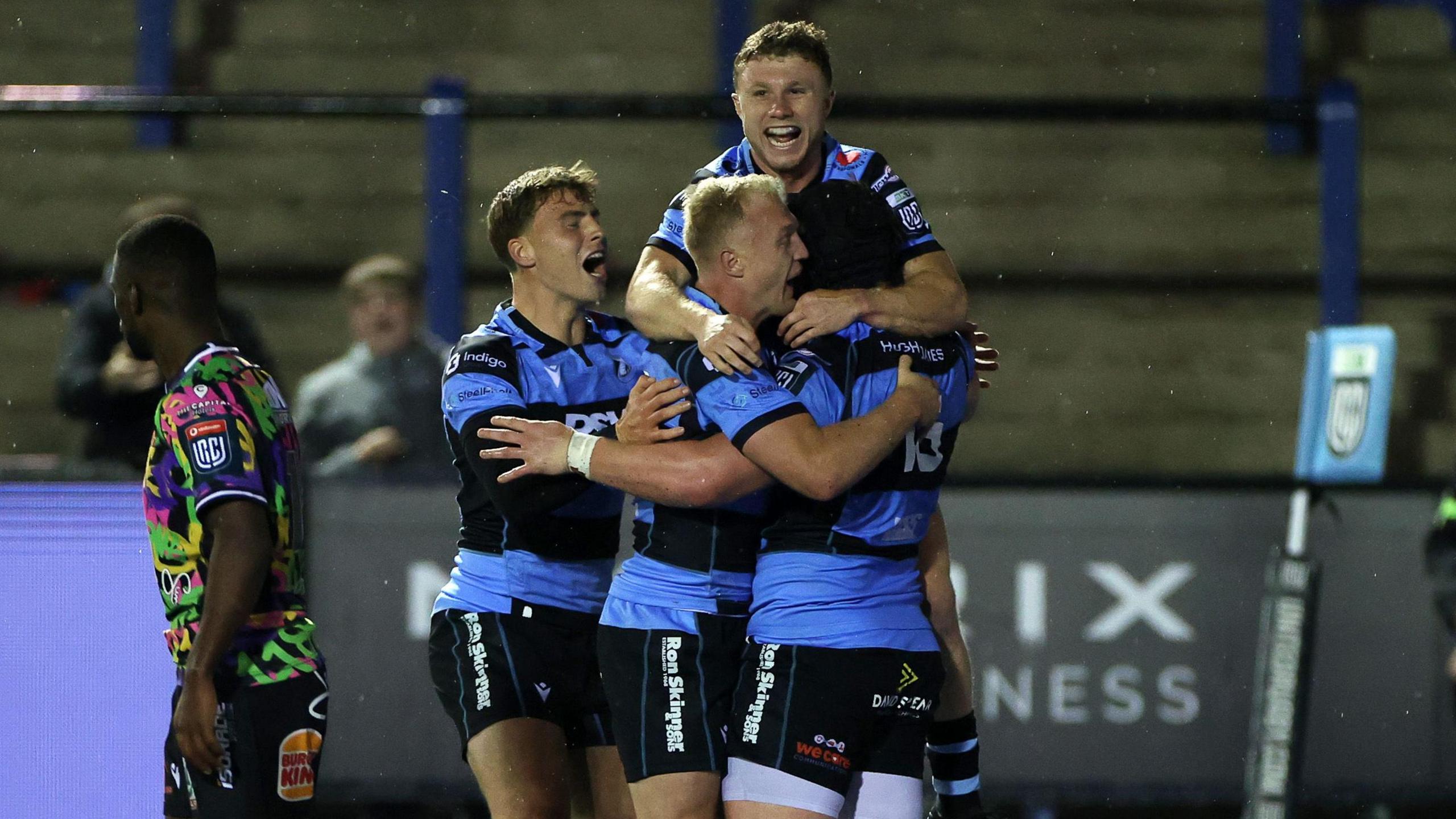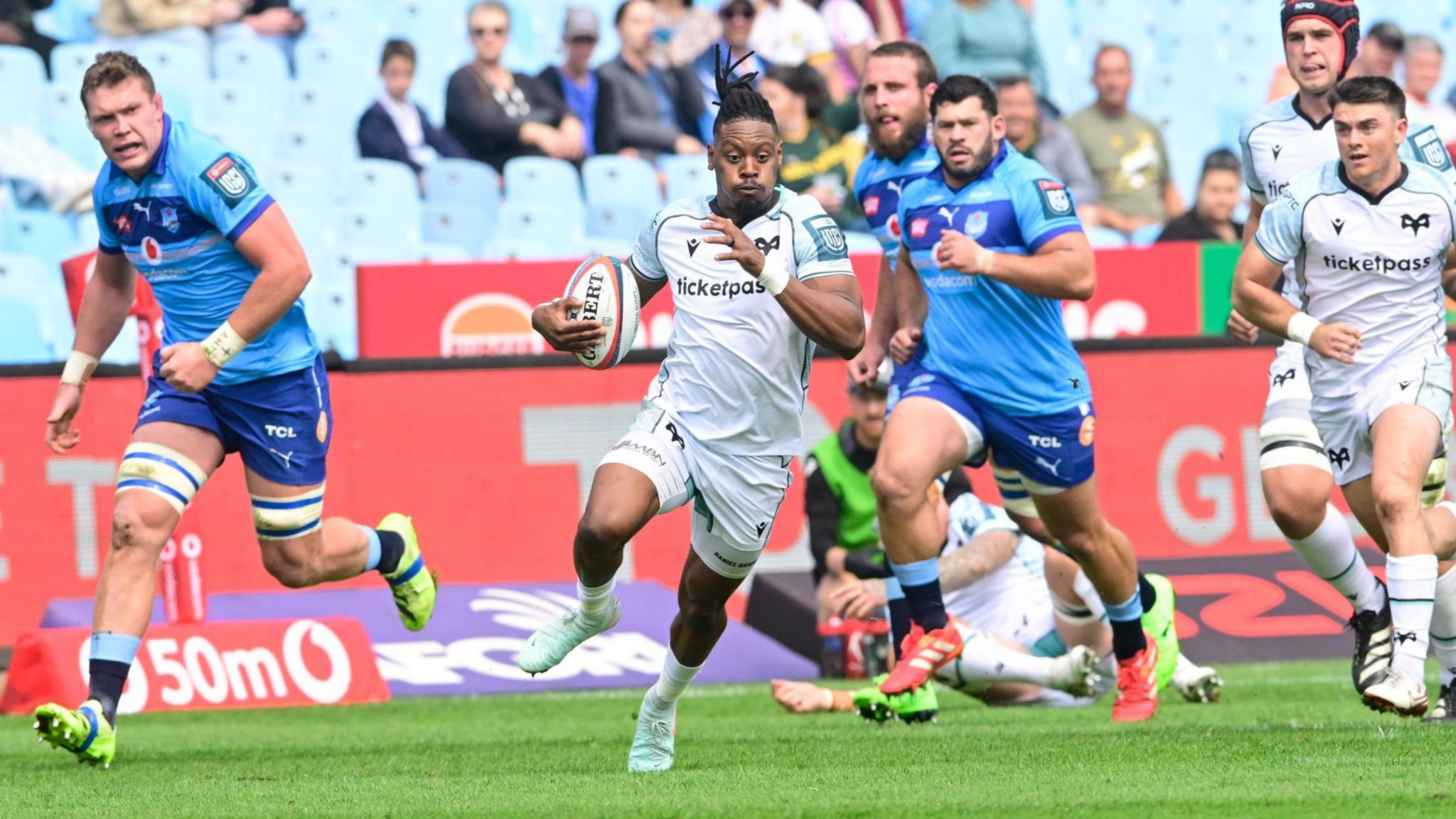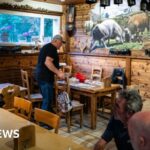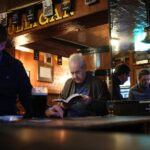Connacht 26
Benetton 15
John Fallon reports from Dexcom Stadium
STUART LANCASTER’S REIGN as Connacht boss got off to the best possible start as they carved out a bonus point win at Dexcom Stadium against a strong Benetton side.
It was a decent performance from a Connacht side with their three Lions and while Lancaster will no doubt see plenty of room for improvement, they did more than enough to craft a deserved win and give momentum to the feel-good factor which has prevailed since the former England coach’s shock appointment in June.
Connacht, despite conceding nine penalties to four for Benetton, led 12-3 at the end of an opening half which lasted 58 minutes thanks to a string of injuries, endless stoppages and constant reviews by the officials.
The strong start which Lancaster wanted was duly delivered by a solid set-piece and a backline full of good running which yielded two tries in the opening quarter before Benetton got a foothold in the game.
The disjointed nature of the half was impacted by injuries which saw Benetton lose international loosehead Ivan Nemer after less than two minutes while Connacht had two draft temporary replacements with Dave Heffernan coming in for hooker Dylan Tierney-Martin and Cian Prendergast replacing Shamus Hurley-Langton.
But out-half Josh Ioane did not return after taking a hit when he tried to tackle Louis Lynagh, which was a real pity as the one-cap All Black was outstanding until that incident after 25 minutes.
Lancaster entrusted the kicking duties to centre Cathal Forde and Ioane, who did not have a good maiden campaign off the tee last season, concentrated on what he does best, attacking with sharp line speed and neat steps and he caused havoc to the Benetton rearguard.
He got the opening try after eight minutes after Niall Murray stole a lineout to set up a 16-phase move which ended in the left corner with Ioane timing his run to perfection to score. Forde landed the touchline conversion for the perfect start.
There was a double blow for Benetton as former Munster centre Malakai Fekitoa was binned for a high hit on Tierney-Martin in the build-up but, like last season, struggled on the restart despite having an extra man and the Italians reduced the deficit when Jacob Umaga converted a penalty, their third in a row, from 25 metres.
A superb turnover penalty from scrum-half Caolin Blade ended with a move which saw Ioane jink his way through the Benetton cover before sending academy full-back Seán Naughton, in his first start for the province, in for an unconverted try.
Benetton enjoyed a lot of possession in the second quarter but were unable to break a resolute defence despite Chay Mullins’ yellow card for a deliberate knock-on after 26 minutes, although it took a superb tackle from Shayne Bolton to deny winger Onisi Ratave in the left corner when he forced the Fijian into touch before he touched down and that left Connacht 12-3 in front at the interval.
Benetton struck for a try within a minute of the restart when a strong run from Italian centre Tommaso Menoncello cut the home defence open for Lynagh to race in and cut the gap to 12-8.
Benetton had skipper Michele Lamaro binned for a high hit which eventually saw Byron Ralston taken off for a HIA — their 6/2 split meant Ben Murphy came on at scrum-half and Blade went to the wing — and Connacht got their third try after going to the right corner with the penalty. Benetton contained the initial surges but conceded a penalty in front of the posts and hooker Tierney-Martin tapped and went, cleverly using the post to get over, dummying to go right of the padding before switching across and touching down on the other side.
Forde added the extras to make it 19-8 before Ratave was again denied in the left corner after an intercept at the other end, with Blade and Mullins doing enough to force the winger into touch after 50 minutes.
Connacht’s discipline was much better in the second half, which helped them saturate a lot of Benetton pressure in the third quarter, with skipper Paul Boyle leading the way with a top class performance.
Debutant prop Fiachna Barrett had a try scratched off on review after 66 minutes when the 22-year old from Geesala in north Mayo was pinged for a double movement before scoring beside the left post.
But the bonus point was secured seven minutes from the end when a jinking run down the right from Blade led to a penalty and from the tap Barrett set up Sean Jansen and he barged through to score and wrap up the perfect start for Lancaster, although he will be irked that replacement scrum-half Alessandro Garbisi got in for a converted try in the final play of the night.
Connacht scorers:
Tries – J Ioane, S Naughton, D Tierney-Martin, S Jansen.
Conversions – C Forde [3/4].
Benetton scorers:
Tries – L Lynagh, A Garbisi.
Penalties – J Umaga [2/2].
CONNACHT: Sean Naughton; Chay Mullins, Byron Ralston (Ben Murphy 46), Cathal Forde, Shayne Bolton; Josh Ioane (Jack Carty 25), Caolin Blade; Peter Dooley (Jordan Dooley 50), Dylan Tierney-Martin (Dave Heffernan 10-21, 50), Sam Illo (Fiachna Barrett 50); Niall Murray (Joe Joyce 47), Josh Murphy (David O’Connor 70); Paul Boyle (c), Shamus Hurley-Langton (Cian Prendergast 12-23, 57), Sean Jansen.
BENETTON: Matt Gallagher; Louis Lynagh, Tommaso Menoncello, Malakai Fekitoa, Onisi Ratave (Paolo Odogwu 65); Jacob Umaga, Louis Werchon (Alessandro Garbisi 65); Ivan Nemer (Mirco Spagnolo 2), Siua Maile (Richie Asiata 50), Simone Ferrari (Tiziano Pasquali 54); Niccolò Cannone (Riccardo Favretto 54), Eli Snyman; Sebastian Negri, Michele Lamaro (c), So’otala Fa’aso’o (Lorenzo Cannone 54).
Referee: Chris Allison (South Africa).





